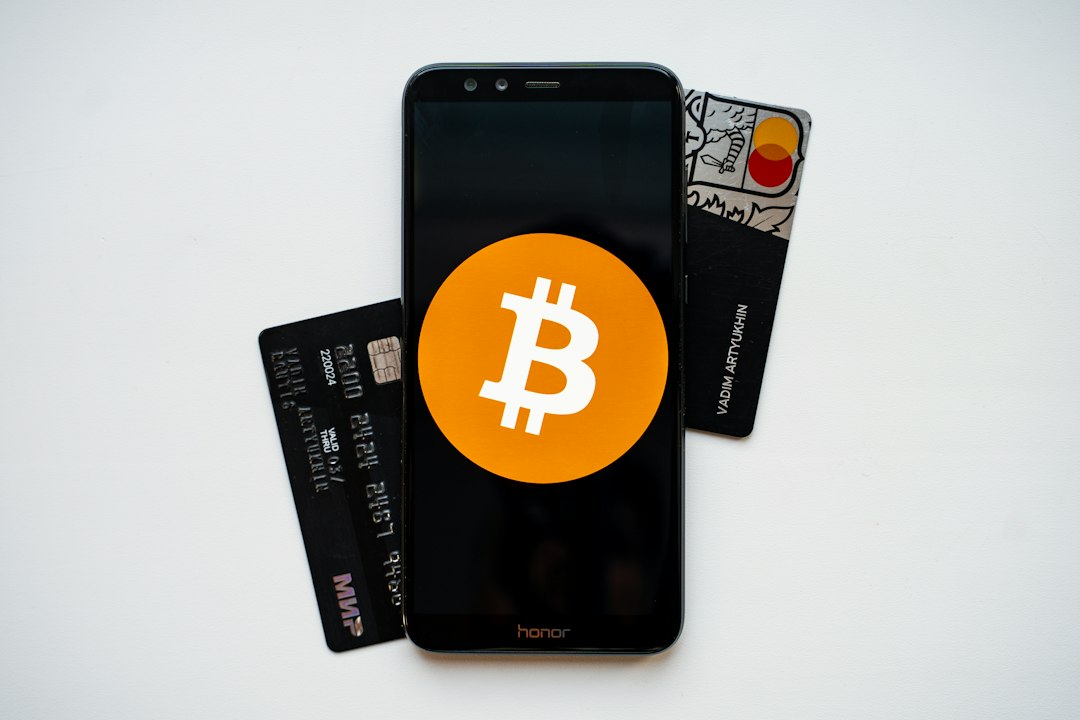The Euro’s Role in Greater Sovereignty
The President of the European Central Bank, Christine Lagarde, and other EU leaders recently praised the euro for providing the bloc with “greater sovereignty in a turbulent world.” Lagarde stated that the euro has simplified life for European citizens and protected growth and jobs since its introduction 25 years ago.
A Growing Currency with Challenges
The euro project began with 11 participating countries in 1999 and has now expanded to include 20 countries. While the euro has become the “world’s second most important currency,” Lagarde and other EU leaders acknowledged that it has faced challenges. At one point, the euro nearly reached parity with the US dollar but has since recovered.
Prioritizing the Currency’s Digital Transformation
Lagarde and her colleagues praised the measures taken to ensure the euro’s survival during times of financial crises. However, they emphasized that more needs to be done to overcome present challenges, such as rising geopolitical tensions. The EU should prioritize defense, green, and digital transitions to emerge unscathed.
One potential step towards this is to bring the euro into the digital age by developing a digital euro that complements physical cash. Setting the foundation for a digital currency could be essential for the euro’s future.
Hot Take: Strengthening the Euro’s Position
The euro has undoubtedly played a significant role in enhancing the European Union’s sovereignty. However, as the currency faces ongoing challenges, it becomes crucial to prioritize innovation and adaptability. By embracing digital transformation and developing a digital euro, the EU can strengthen the euro’s position in the global market and foster economic growth. This forward-thinking approach will not only protect the currency’s stability but also ensure its relevance and competitiveness in an ever-changing world.





 By
By
 By
By
 By
By
 By
By

 By
By